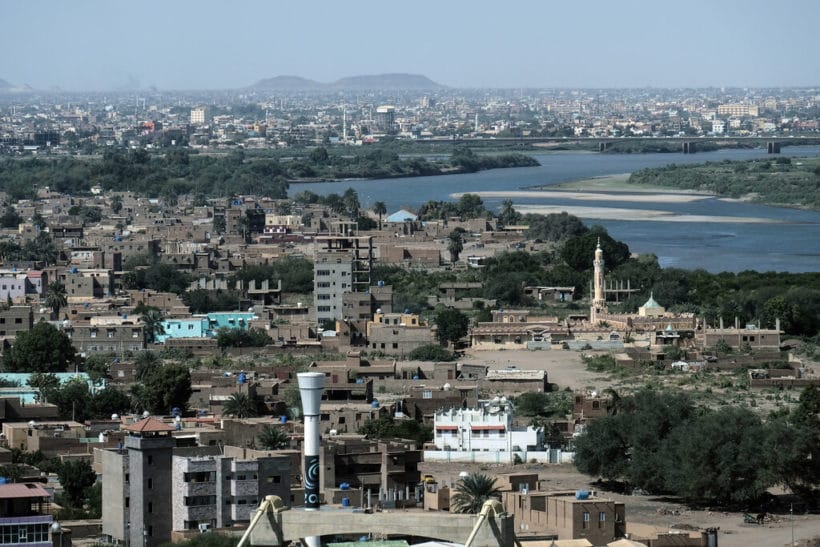
Photo: via Flickr
PARIS, July 16 (Reuters) – The Paris Club of official creditors has agreed to cancel $14 billion owed by Sudan and restructure the rest of the more than $23 billion it owes, Paris Club chairman Emmanuel Moulin said on Friday.
Speaking after the deal was reached on Thursday, Moulin urged Sudan’s other private and public creditors to grant the country debt relief on the same terms.
Sudan became eligible for relief after the International Monetary Fund accepted it last month into the Highly Indebted Poor Countries (HIPC) initiative based on a commitment to macroeconomic reforms.
The Paris Club agreement cancels $14.1 billion outright and reschedules $9.4 billion with grace periods long enough that Sudan does not have to make payments before 2024, Moulin said.
“This significant effort demonstrates the international community’s support to Sudan’s democratic transition and will help Sudan to re-engage with the international financial community, pursue its reform policies and fight poverty,” Moulin said.
At $23.5 billion, Sudan’s Paris Club debt – more than 99% of which consists of arrears and late interest built up since the 1980s – makes up a large chunk of the more than $56 billion the country owes to foreign creditors overall.
“We will seek similar or better results with creditor countries outside the Paris Club. This is a successful start,” Finance Minister Gebreil Ibrahim said on Twitter.
Sudan owes another $20.3 billion to non-Paris Club countries, including Kuwait, Sudan’s largest creditor at $9.8 billion, Saudi Arabia and China. It owes commercial lenders at least $6.5 billion as well.
The Paris Club said in a statement that Kuwait, Saudi Arabia, Abu Dhabi Fund for Development and the Czech Republic, all non-members of the Club, had indicated they would provide Sudan debt relief on terms comparable to those agreed with the Paris Club.
Sudan’s main creditors in the Paris Club are Austria, France and the United States.
(Reporting by Leigh Thomas; additional reporting by Mahmoud Mourad in Cairo Editing by Alison Williams, John Stonestreet and Nick Macfie)